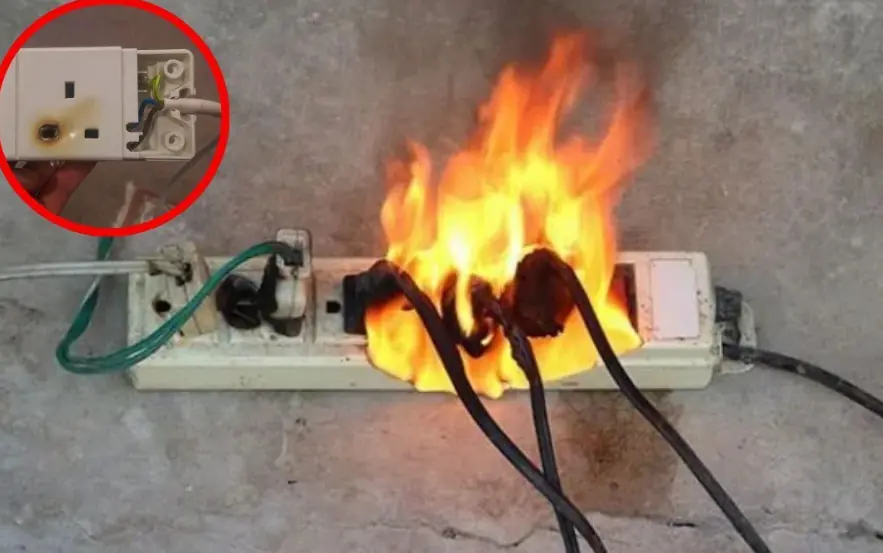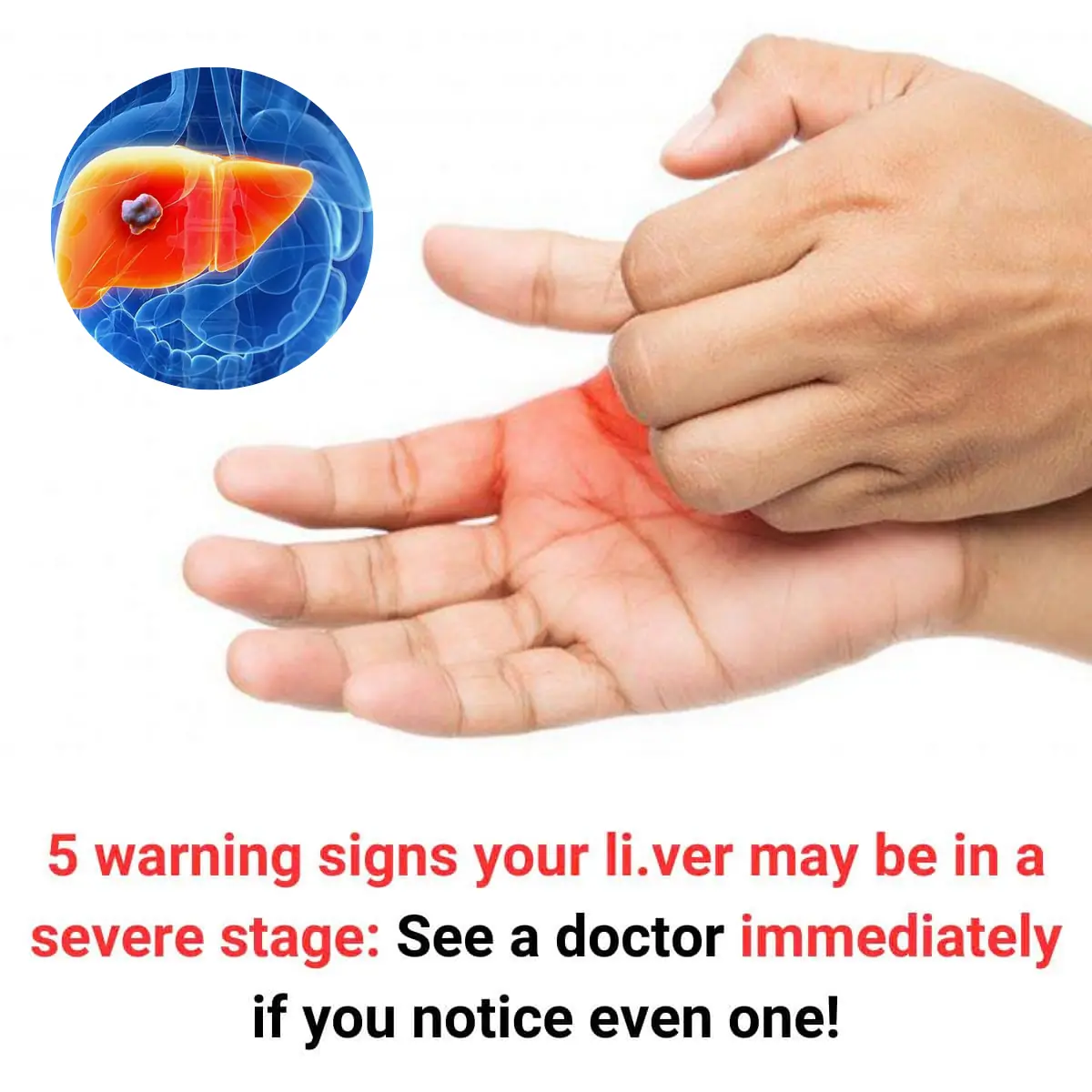
10 Signs of Throat Cancer to Never Ignore
Throat cancer refers to cancer that affects the larynx, oropharynx, or tonsils. [1] It typically starts in the throat’s flat cells and it is not as common as other types of cancer. Throat cancer can also cause damage to the cover of the windpipe, called the epiglottis. In this article, we will look at ten common signs of throat cancer that you should never ignore.
10 Common Signs of Throat Cancer

There are several different types of throat cancer. Two prevalent types of throat cancer are oropharyngeal cancer and laryngeal cancer. Oropharyngeal cancer is mostly caused by HPV, the most common sexually transmitted infection in America. Twice as many males develop this type of cancer as women, and it typically affects people older than 63. Laryngeal cancer attacks your voice box. It usually affects people who are older than the age of 55. Other types of throat cancer include hypopharyngeal cancer, nasopharyngeal cancer, supraglottic cancer, glottic cancer, and subglottic cancer. [2] Let’s look at the ten typical signs of these throat cancers.
A Sore Throat

A persistent sore throat can often be one of the earliest detectable symptoms of throat cancer. Unlike a painful throat caused by a viral illness, which usually goes away within a few days, cancer-related discomfort lasts for an extended period and might even worsen over time. The pain can be persistent and severe, often even causing difficulty swallowing or speaking. You should see your doctor if this issue lasts longer than a couple of weeks.
Unexpected Weight Loss

Unintentional weight loss could potentially be a sign of throat cancer. As the condition worsens, the pain associated with swallowing often makes eating more difficult, resulting in nutrition deficiencies as well as rapid weight loss. Furthermore, cancer-related changes in metabolism might lead to a decrease in appetite. This weight loss can often be very frightening and can’t always be easily explained by dietary or activity changes. [3]
Changes in Your Voice

Voice changes, such as hoarseness or developing a raspy tone, could indicate laryngeal or hypopharyngeal cancer. These growths usually impact the vocal cords, causing difficulties with voice production. In many cases, vocal abnormalities persist without improving and are often coupled with slurred speech. Early diagnosis of vocal irregularities is essential since laryngeal cancer is typically easier to diagnose and cure in its early stages.
Difficulty Swallowing
Dysphagia, or trouble swallowing, is another potential indicator of throat cancer. Patients often say that it feels like food is trapped in their throat or they have difficulty swallowing. This can be caused by a tumor’s blockage or inflammation in the throat. People who experience this symptom often stop eating to avoid the discomfort and end up losing weight as a result. If you have difficulty swallowing it is best to go see your doctor. [4]
Read More: Woman Was Diagnosed With Colon Cancer at 32. Here Were Her First Symptoms
Finding a Lump in Your Neck

If you have enlarged lymph nodes that feel stiff or swollen, it could indicate a deeper issue, such as throat cancer. Unlike temporary swellings caused by infections, these lumps develop over time and stay there. If you find a lump that does not go away, you should seek medical attention right away since a delayed diagnosis can have a significant impact on options for treatment and potential outcomes.
Coughing

A chronic cough, particularly one that generates blood, is a strong sign of throat cancer. Smokers may experience a change in their usual cough, which could point to the development of throat cancer. Coughing that persists for weeks without improvement, particularly if it interferes with everyday activities, should not be disregarded.
Difficulties Opening Your Mouth

You can experience difficulties opening your mouth due to swelling or tumors affecting your jaw. This can interfere with daily activities like eating and speaking. Individuals may find it more difficult to keep up their usual dental hygiene practices and find chewing difficult too. It’s vital to see your doctor if you experience this sign with other signs on this list.
Read More: Cancer-Linked Chemicals Found in Tap and Bottled Water
Finding a Lump in Your Mouth

If you notice a lump in your mouth, it’s important to see a doctor right away. These lumps could be signs of oral cancer or potentially another type of cancer that has spread. While not every lump is cancerous, any lump that keeps growing or changing should be taken seriously. Getting an early diagnosis is crucial for effective treatment, so don’t wait – rather talk to your healthcare provider if you have any concerns as soon as possible! [5]
Experiencing Regular Nosebleeds

Unexplained nosebleeds, particularly in those who do not usually have them, can be a sign of throat or oral cancer. Tumors can irritate or invade surrounding structures, triggering nosebleeds. While there are many factors that can cause a nosebleed, it’s important to see your doctor if it happens regularly for no discernable reason.
Headaches

Headaches are another one of those ailments that could result from a host of different causes. However, frequent headaches, especially those that are located behind the eyes, could indicate throat cancer. These types of headaches often result from increased pressure in the head or neck due to tumors or inflammation linked to throat cancer.
News in the same category


Have you known this yet?

Mistakes that every home makes when boiling water

Helps the toilet always smell fresh

10 Signs of Throat Cancer to Never Ignore

Many housewives probably don't know this

Tips for handling if the dish is too salty

Always pay attention when using electricity

Be careful when planting these plant

This will be good for you when traveling

When going to the market to buy garlic, you need to pay attention

The Power of Mimosa Pudica: 10 Benefits

Unexpected effects of sprouted potatoes

How to preserve chili peppers for several months

New Coronavirus Strain Found in Bats in China Could Potentially Infect Humans

Stop Wasting Rice Water!

90% of People Are Setting Their Fridge Temperature Wrong

9 Quick Tips to Relieve Nighttime Calf Cramps While Sleeping

Distinguish Naturally Ripened Tomatoes

Placing a Broom in These 4 Positions Could Sweep Away Your Wealth
News Post

If You See These 4 Signs on an Eggshell, Throw It Away Immediately!

5 Groups of People Advised to Limit Ginger Consumption to Avoid Worsening Health Conditions

5 Warning Signs Your Liver May Be in a Severe Stage

Have you known this yet?

Warning: 5 Hidden Stro.ke Risks in Young Adults You Need to Know!

Mistakes that every home makes when boiling water

Knowing the uses is very surprising.

Helps the toilet always smell fresh

A new coronavirus in China

Many people still don't pay attention to this when flying

Check for 6 diseases

Humans Glow In The Dark, It’s Just Too Weak For Our Eyes To See

A father's words are never wrong...

Not everyone can guess it

Many housewives probably don't know this

Tips for handling if the dish is too salty

Always pay attention when using electricity

Why do they have to do that?
